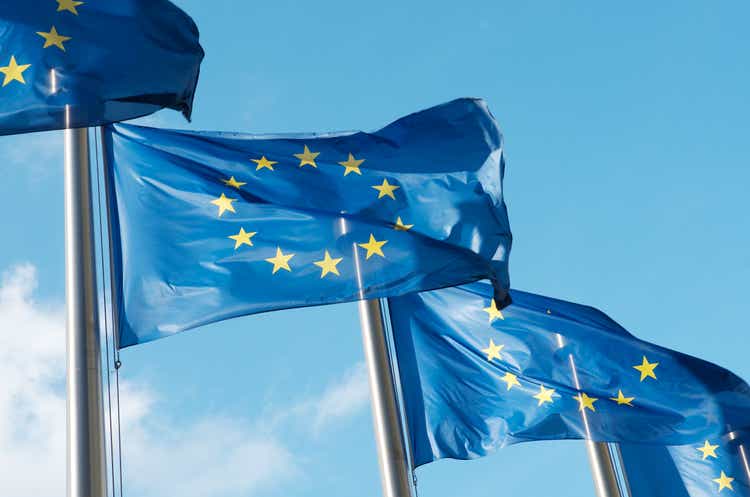
sharrocks
Private web browser company DuckDuckGo has asked the European Commission to launch a probe into tech giant Google (NASDAQ:GOOG) (NASDAQ:GOOGL) for three possible violations of laws under the bloc’s Digital Markets Act.
In a blog post Wednesday, DuckDuckGo alleged Google is non-compliant with EU laws that require the company to share anonymized click and query data, let users easily change default search settings, and for browser apps to have the ability to prompt users to set search defaults without a complicated process.
The company alleges Google has “completely ignored its easy switching obligations under the DMA” and complained that it has not rolled out its updated Android choice screens to more than 250M EU users.
“A non-compliance investigation must therefore be opened to ensure that Google will fulfill its obligation and roll out both the DMA search engine and browser choice screens to all Android devices at once like they did on Chrome for desktop and iOS,” DuckDuckGo said.
DuckDuckGo reiterated that Google should give access to its search results to competitors in such a way that any query that could go in a search engine, they too would have access to the same search results, thus leveling the playing field, the company said.
Last month, the Department of Justice announced it was considering a possible breakup of Google’s units, like the Chrome browser and Android operating system, as an antitrust remedy. Those recommendations came after a judge found the company guilty of building an illegal monopoly with its search business in the U.S.
In August, U.S. District Court judge Amit Mehta found Google in violation of Section 2 of the Sherman Act “by maintaining its monopoly in two product markets in the United States—general search services and general text advertising—through its exclusive distribution agreements.”
In September, Google came under EU officials’ radar for how it displays rival product results across its different search services, such as Google Flights and Google Hotels. The company came at risk of being fined penalties of up to 10% of its global annual revenue.
